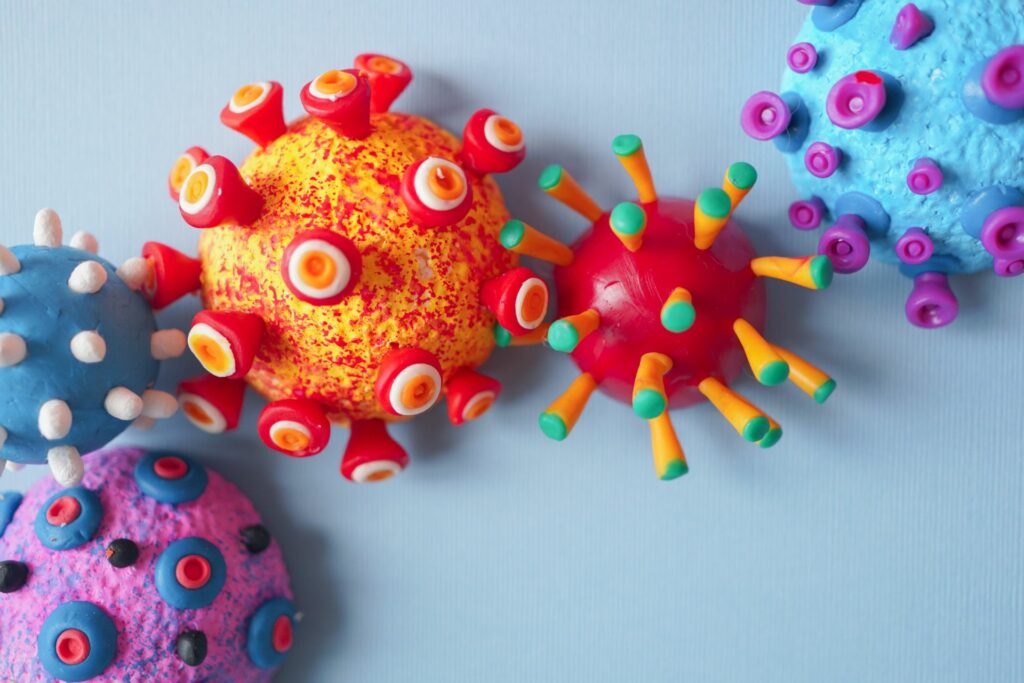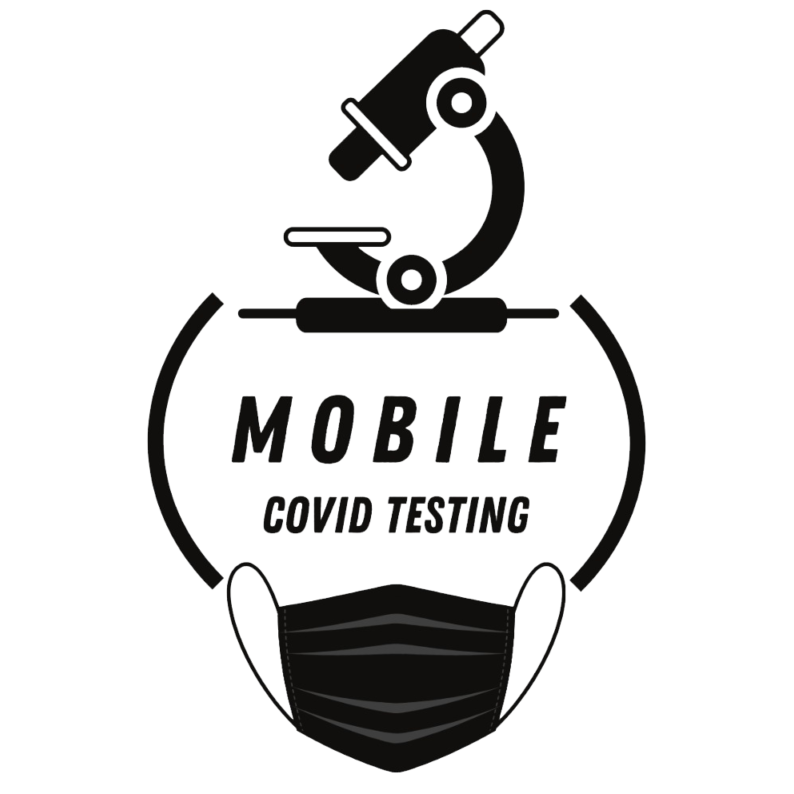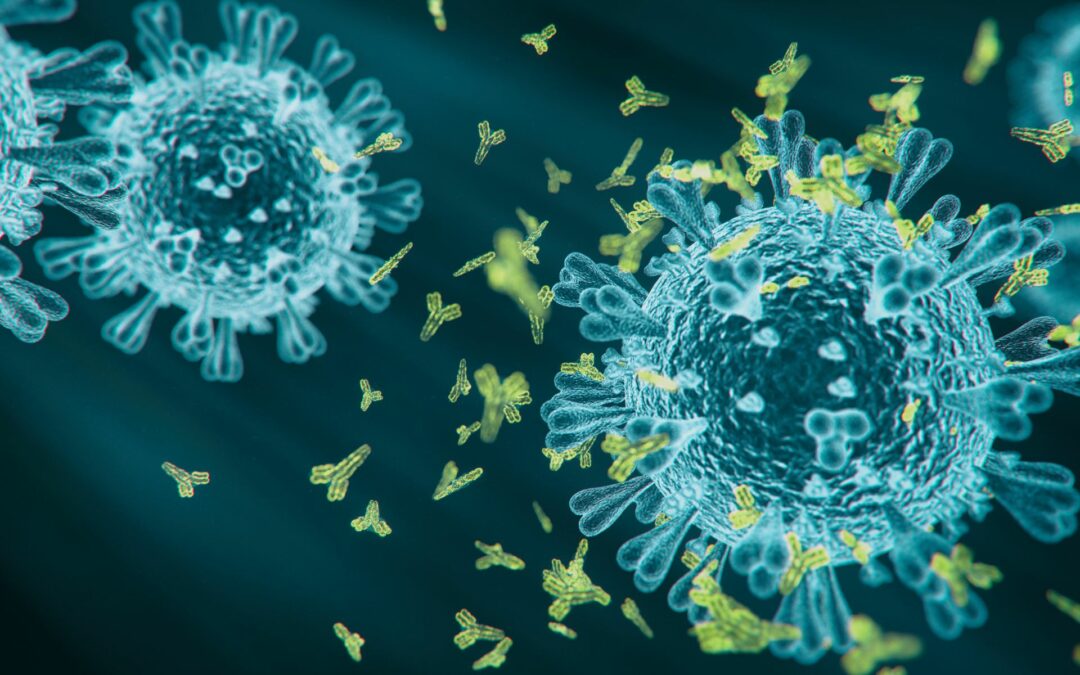It has been two years since COVID-19 became a global pandemic. At the time it became common, there were many unknowns and what-ifs. Many answers were provided as scientists and healthcare professionals worked tirelessly to treat and understand the disease, but there are still many common COVID-19 myths that the general public is misinformed about. Differentiating the myths from the facts can better protect you and those around you.
Common Knowledge About COVID-19
Viruses cause disease, and this is no different from COVID-19. The virus that causes COVID is known as SARS-CoV-2. Believe it or not, the first human coronaviruses were identified in the 1960s. In total, there are seven that can infect people. Each varies with how contagious and deadly they are and include Middle East Respiratory Syndrome (MERS), sudden respiratory syndrome (SARS), and other common colds that circulate every year.
How did COVID-19 get its name? The name comes from “CO” for corona, “VI” for virus, and “D” for disease. Scientists have still not been able to identify where it came from, but it is widely believed that it was transmitted from infected animals to humans. SARS-CoV-2 causes upper and lower respiratory tract infections, meaning it can infect your nose, sinuses, throat, windpipe, and lungs.
Many people with COVID-19 will experience mild symptoms that can be treated at home with over-the-counter medication and rest, but people with other health conditions are at a higher risk for developing severe to fatal symptoms that require hospitalization. These health conditions include heart disease, cancer, and diabetes.
Debunking Common COVID-19 Myths
There are many common COVID-19 myths surrounding the disease, treatment, vaccines, and prevention. Let’s debunk some of the most common ones.

Myth #1: Having COVID Gives You as Much Protection as Getting Vaccinated
Vaccination, no matter if it happens before or after infection, is the best protection against COVID-19. If you have had COVID in the past, there is no guarantee that you won’t become infected again. Though there is such a thing as “natural immunity,” it varies greatly depending on many factors and is not reliable. Vaccine immunity, on the other hand, has been studied in-depth and is much more reliable. Regardless, getting vaccinated is a much safer option than risking potentially severe consequences of contracting COVID-19.
Myth #2: COVID-19 Testing Cannot Tell the Difference Between the Common Cold and COVID-19
Most if not all COVID-19 tests used today detect SARS-CoV-2, the virus that causes COVID-19. Consequently, they do not detect common colds or cases of flu. When you go to get tested for COVID-19, some physicians might order testing for both COVID and influenza. This is done only in cases of patients who are at a higher risk of vulnerability so that the physician can choose the right method of treatment.
Myth #3: Treatment Is Widely Available Now for COVID-19, so It’s Okay to Get COVID-19
While testing, vaccines, and treatments have progressed to a point of being able to diagnose and understand how to treat COVID-19, this does not mean that treatment is widely available. Most medications available are not widely available. For example, Remdesivir is FDA approved for treatment only in cases of patients with severe diseases. Furthermore, it can only be administered via intravenous therapy in a healthcare facility.
Many medications and antiviral drugs are in short supply and can only be given to those at the most risk and who qualify. We know more about COVID than we did when the pandemic began, but that does not mean that treatment is at a point where everyone who needs it can receive it.
Don’t Be Fooled by Common COVID-19 Myths
Though COVID-19 is becoming a normal part of our everyday lives, it’s important not to get complacent and buy into common COVID-19 myths. Public health experts continue to preach the importance and value of vaccination, good hygiene, and continuing to practice physical distancing. Here’s what we recommend:
- Test often. Mobile COVID Testing in LA continues to offer on-site testing services and LAX testing for when you need to travel.
- Get vaccinated for COVID-19. You can learn more about the vaccine’s safety and effectiveness here.
- Check the CDC’s COVID-19 transmission map and keep up to date with local authorities who can provide insight on COVID surges in your area.
- Continue to practice self-responsibility with common COVID-19 precautions.
Mobile COVID Testing is eager to help you stay safe and healthy. Book an appointment with us today.

